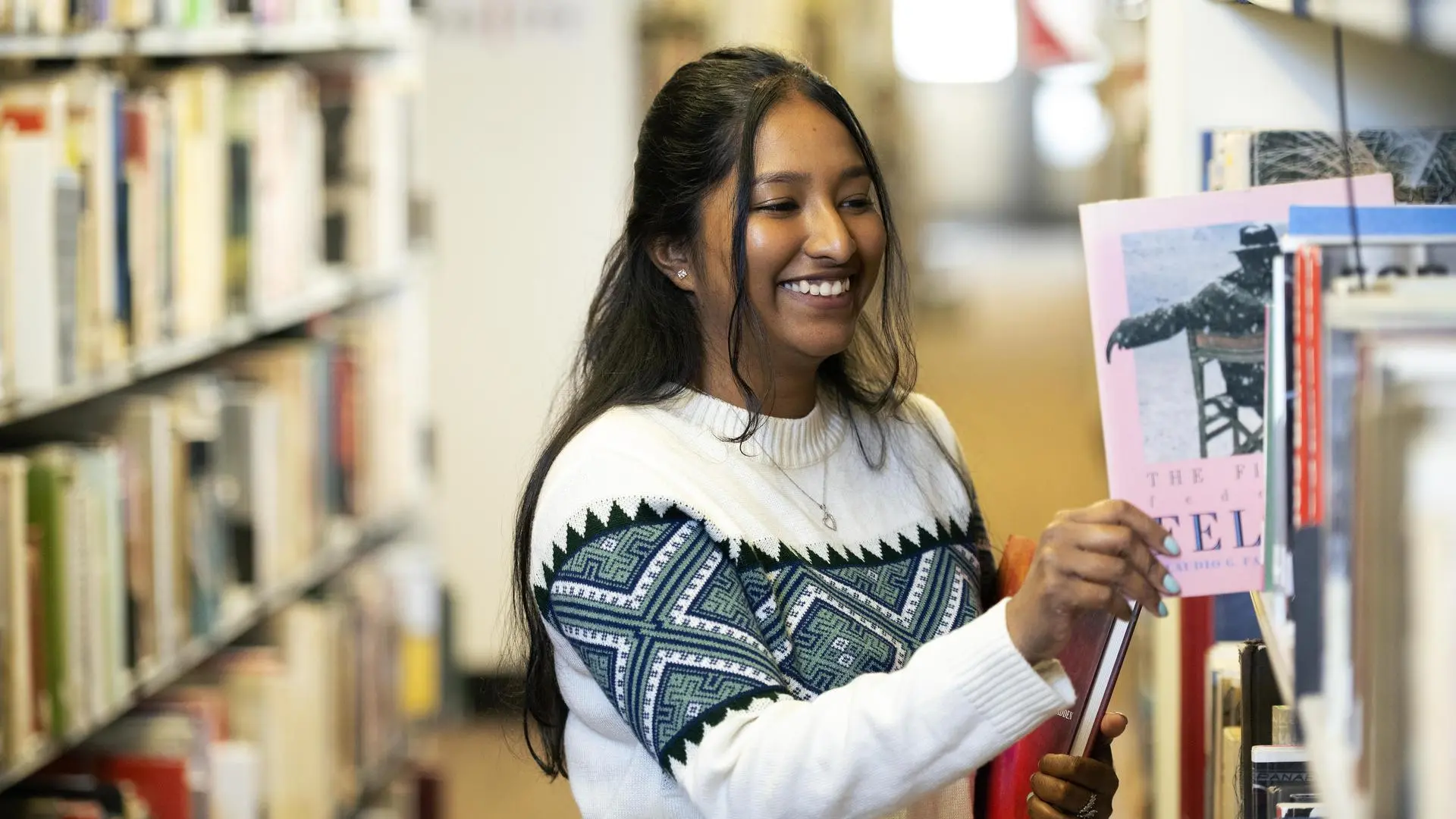Join us at the University of Central Lancashire to study your English degree programme where we will explore and analyse elements of literary text, writing and language. We also offer unique combinations with other subjects to ensure that the degree programme you study will be in matters that are of interest to you and supports your career aspirations.
Why study with us
- We offer a study abroad scheme so you can study for a semester or year abroad with overseas universities.
- We have a number of visiting guest lecturers to give you valuable real world insight.
- Our strong links with industry mean you can get hands-on experience and start to build a network of contacts with placement opportunities that often lead to employment after graduation.
What can I do with an English degree?
English graduates go into a range of careers in writing and related fields. You could also pursue jobs in teaching, education support, local government, travel, retail and marketing.
You'll also be well equipped for entry into graduate professions in local government and public services, as well as schemes in the private sector. You could study for a PGCE to become a teacher or go onto a postgraduate research programme.
Studying English could lead to a future career as a:
- Publisher
- Teacher
- Private tutor
- Writer
- Copywriter
- Editorial assistant
- English as a foreign language teacher
- Academic librarian
- Journalist
Take the next step

Study a degree at UCLan
Interested in studying a degree with us? From exploring accommodation to visiting us at an Open Day, find out everything you need to know about life at UCLan.






